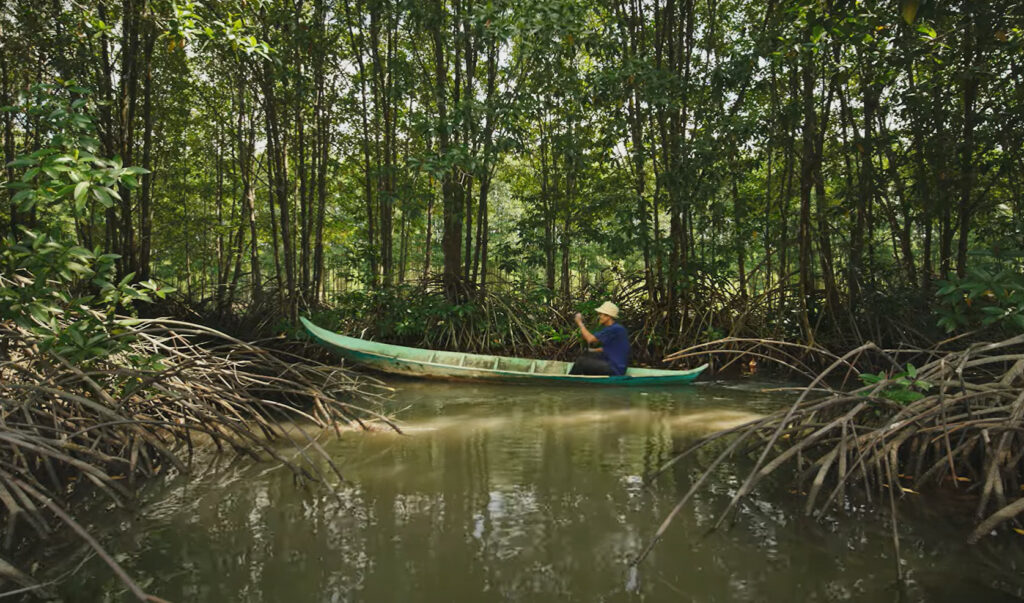BAP Steps Up Logo-Policing Program
The Best Aquaculture Practices (BAP) third-party certification program has stepped up its logo-policing program with the deployment of a data-collection application to ensure that the BAP logo is being used properly on retail-ready packaging, the Global Aquaculture Alliance announced in early November.
 The BAP program integrity team has tapped Field Agent, a data-collection application that employs more than 700,000 “agents” worldwide to gather samples of data via crowdsourcing. The team then analyzes the data collected by the agents to determine if the BAP logo is being used properly.
The BAP program integrity team has tapped Field Agent, a data-collection application that employs more than 700,000 “agents” worldwide to gather samples of data via crowdsourcing. The team then analyzes the data collected by the agents to determine if the BAP logo is being used properly.
So far, of the 96 samples of packaged seafood products analyzed from 50 retail stores in 18 U.S. states, no logo violations were found. A total of 50 agents were tasked with recording a product’s BAP certification number and BAP star status along with the brand, species, country of origin and lot/serial number of the product. Species included shrimp, mussels, tilapia, pangasius and salmon. Agents were also asked to photograph the packaging.
The data was then processed by Field Agent and analyzed by the BAP program integrity team to ensure accurate portrayal of a product’s BAP certification number, which identifies the processing plant from which a product originated, and BAP star status, which identifies associated or integrated facilities along the aquaculture production chain, with “four star” (processing plant, farm, hatchery and feed mill) being the highest designation.
The first set of 50 samples represent a small sample size, and the BAP program integrity team will continue to tap Field Agent to ensure, in a fast and efficient manner, that the BAP logo is being used properly and that any claims associated with BAP are portrayed accurately.
“We are pleased to have found a very useful market penetration survey tool and even more pleased to learn that the BAP logo and BAP star status claims are being represented accurately in the marketplace. Just as third-party certification verifies compliance to standards, market surveys help verify compliance with BAP logo policy requirements,” said Jeff Peterson, BAP’s program integrity manager.
The enhanced logo-policing program comes about three months after BAP released its updated Logo Use Guide.
The BAP program is structured to ensure the highest level of integrity, with a team of staff members dedicated to ensuring that independent, third-party certification bodies (CBs) and auditors as well as BAP-certified facilities are in compliance with program requirements.
About BAP
A division of the Global Aquaculture Alliance, Best Aquaculture Practices is an international certification program based on achievable, science-based and continuously improved performance standards for the entire aquaculture supply chain — farms, hatcheries, processing plants and feed mills — that assure healthful foods produced through environmentally and socially responsible means. BAP certification is based on independent audits that evaluate compliance with the BAP standards developed by the Global Aquaculture Alliance.




